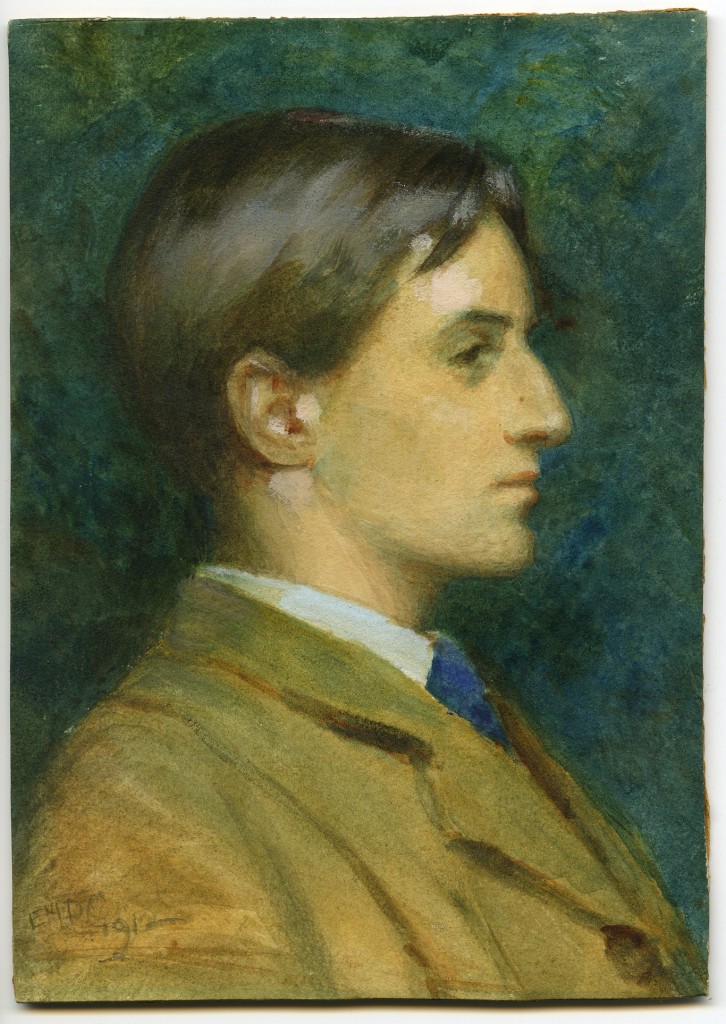Rafe Champion emails me: “Collingwood’s book An Essay on Metaphysics (1940) looks as though he saw POMO coming early in the piece. Chapter 13, “The Propaganda of Irrationalism,” depicts with chilling accuracy the process that occurs in many courses where the critical faculties of students are systematically destroyed. Collingwood first asks us to picture a civilisation where respect for truth is a powerful belief and systematic thinking is prized in intellectual and practical pursuits. Each feature of this civilisation would have characteristics derived from that prevailing habit of mind.
‘Religion would be predominantly a worship of truth … . Philosophy would be predominantly an exposition not merely of the nature of thought, action & etc. but of scientific thought and orderly (principled, thought-out) action, with special attention to method and to the problem of establishing standards by which on reflection truth can be distinguished from falsehood. Politics would be predominantly the attempt to build up a common life by the methods of reason (free discussion, public criticism). Education would be predominantly a method for inducing habits of orderly and systematic thinking’. And so on.
‘And suppose that now within this same civilisation a movement grew up hostile to these fundamental principles … an epidemic disease: a kind of epidemic withering of belief in the importance of truth and in the obligation to think and act in a systematic and methodical way. Such an irrationalist epidemic infecting religion would turn it from a worship of truth to a worship of emotion and a cultivation of certain emotional states … Infecting politics it would substitute for the ideal of orderly thinking in that field the ideal of tangled, immediate, emotional thinking; for the idea of a political thinker as a political leader the idea of a leader focussing and personifying the mass emotions of his community’.
This movement of thought would need to proceed by stealth because the healthy tissues of thought would strongly resist any open attack on the springs of rationality and scientific thinking.
‘Let a sufficient number of men whose intellectual respectability is vouched for by their academic position pay sufficient lip-service to the ideals of scientific method, and they will be allowed to teach by example whatever kind of anti-science they like, even if this involves a hardly disguised breach with all the accepted canons of scientific method.’
‘The ease with which this can be done will be much greater if it is done in an academic society where scientific specialisation is so taken for granted that no one dare criticise the work of a man in another faculty. In that case all that is necessary to ensure immunity for the irrationalist agents is that they should put forward their propaganda under the pretence that it is itself a special science, which therefore other scientists will understand that they must not criticise’.

That last quote was a prescient description of climate ‘science’.